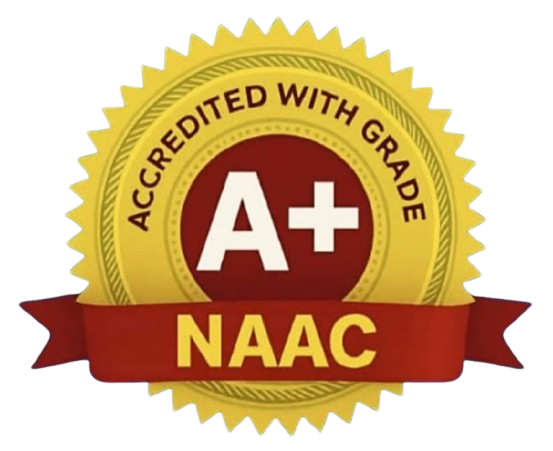About IPR
The Pt. Ravishankar Shukla University Intellectual Property Rights Cell (PRSU-IPR Cell) was established in 2015 to integrate intellectual property rights (IPR) into the educational process in order to ensure the timely and accurate identification and protection of innovations arising from university research work, to facilitate the transfer of knowledge and technology from the university to industry, and to broaden the scope of their commercialization. This Intellectual Property Right Cell sensitizes students, researchers, faculty members, and collaborators regarding intellectual property and provides guidance towards the nature of the intellectual property, ownership, technology transfer, and confidentiality requirements dealing with Pt. Ravishankar Shukla University, Raipur, India. The PRSU-IPR Cell also aims to offer assistance to grassroots innovators in affiliated colleges to realize the commercial benefits of their innovations.
Pt. Ravishankar Shukla University has formed an Intellectual Property Right Policy Document for guidance to Pt. Ravishankar Shukla University stakeholders and collaborators, regarding rights and obligations dealing with the nature of the intellectual property, ownership, and technology transfer. This policy document will not only protect intellectual property issues but will also distribute a fair share of the benefits to all those involved in intellectual property creation. This will motivate researchers to conduct research, transfer technology, and benefit from the outcome of intellectual property. This policy will encourage an environment of innovation, leading to Intellectual Property (IP) in the university. It will be useful to the public at large and innovators involved in the IP exercise.
All potential innovators who participate in a sponsored research project and/or make use of Pt. Ravishankar Shukla University-supported resources should know about this policy document and shall accept the principles of ownership of intellectual property as stated in the policy unless an exception is approved in writing by the University. Several patent applications have been filed based on the innovations made at the university. The Cell is gradually building IPR consciousness in the region, not only within the institutions but also among the grass-root innovators.

